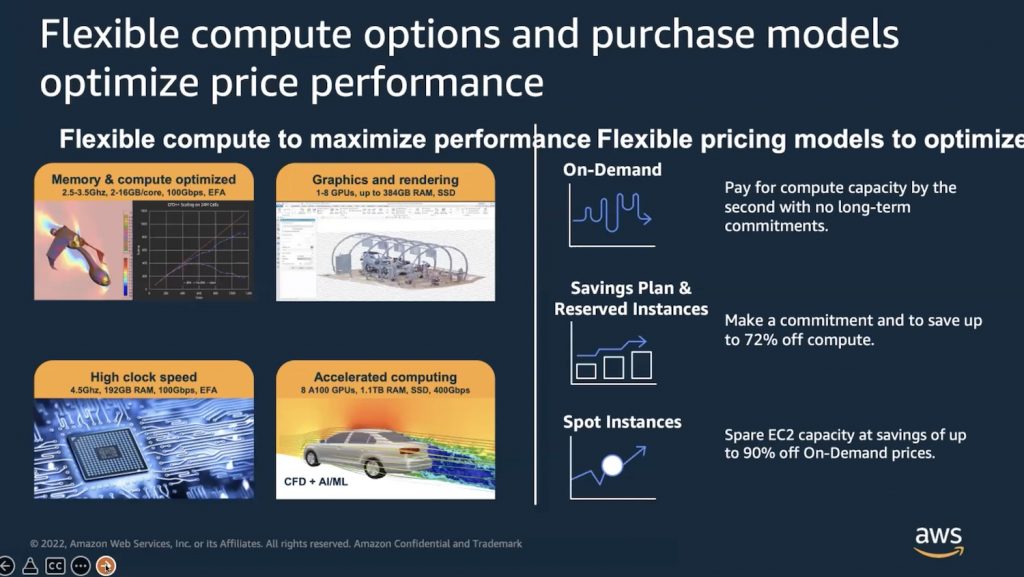The “Cloud Services for Research and Education II: AWS” webinar held on June 28, 2022 and organized by the UbuntuNet Alliance was a successor to a similar event held earlier in the year. The webinar peaked 27 active participants from 12 National Research and Education Networks (NRENs) and 15 research and academic institutions.
In February 2022, AWS provided an overview of Cloud Computing from a public cloud provider perspective and use cases for a typical research and education (R&E) environment. Further, AWS presented different forms of cloud procurement employed by R&E and possible reasons for NRENs to use its cloud service portfolio. Following from this event and a survey conducted thereafter, the participants expressed keen interest in specific areas and these would form a basis for the next webinar. The June webinar primarily focussed on four areas: High Performance Computing (HPC) on AWS, Data Residency and Security of the Cloud and a demonstration of the Moodle architecture and eventual orchestration on the AWS cloud infrastructure.
From running a retirement portfolio to weather forecast platforms, HPC continues to power the world that we live in. According to Herve Marchet, the head of education Middle East and Africa (MEA) at AWS, the computing constraints inhibit on-premise deployments the but AWS provides virtually unlimited infrastructure.
As more countries move towards stricter data control mechanisms in form of data protection and privacy laws, the cloud is believed lose its value proposition. AWS, however, maintains that data control and management is reliant on the organization that produces, processes and stores this data. AWS provides an enabling and flexible environment for organizations to segment data according to organization-defined policies. Additionally, AWS provided some reference security standards that it is compliant to.
As more countries adapted to the COVID-19 pandemic in late 2020, a number of institutions resorted to online learning and Moodle was the most preferred eLearning platform. Architecting a scalable and highly available setup is a critical element as the number of users immensely increase. AWS demonstrated a recipe of an adaptable architecture that can run on any AWS region and also presented case studies of institutions that had moved Moodle infrastructure to AWS.

